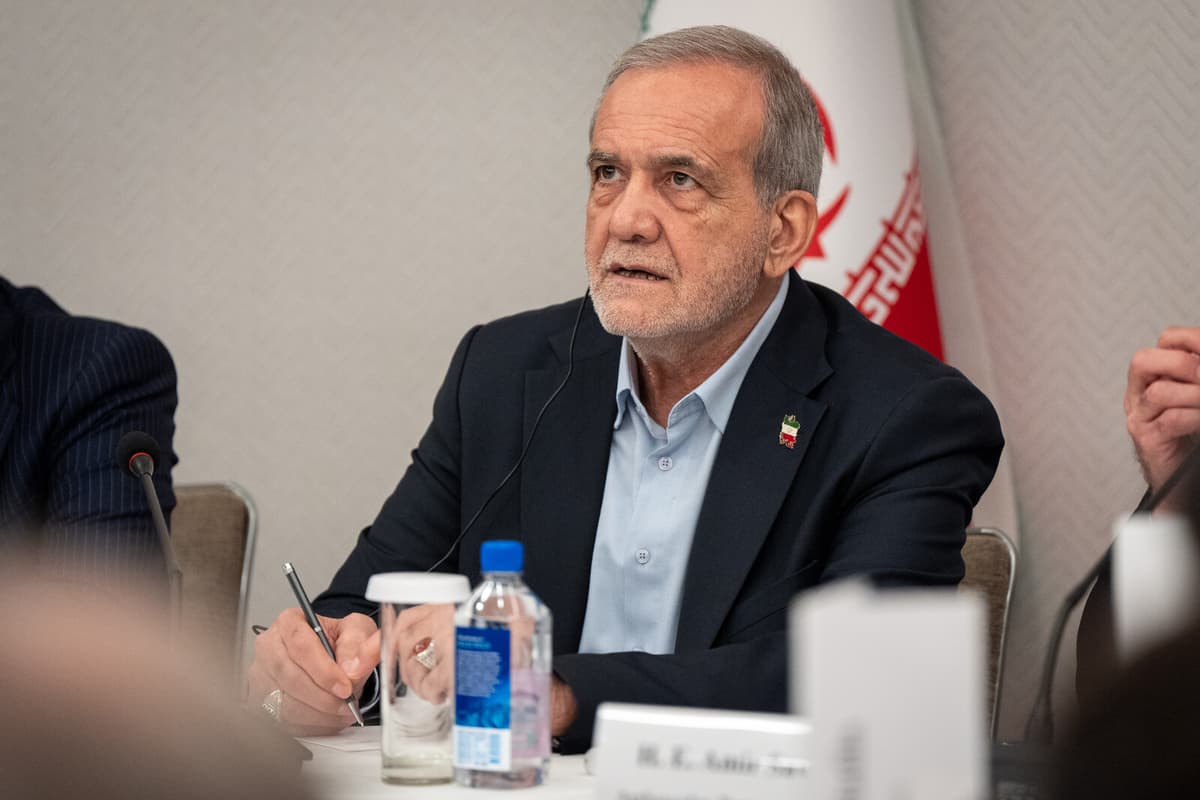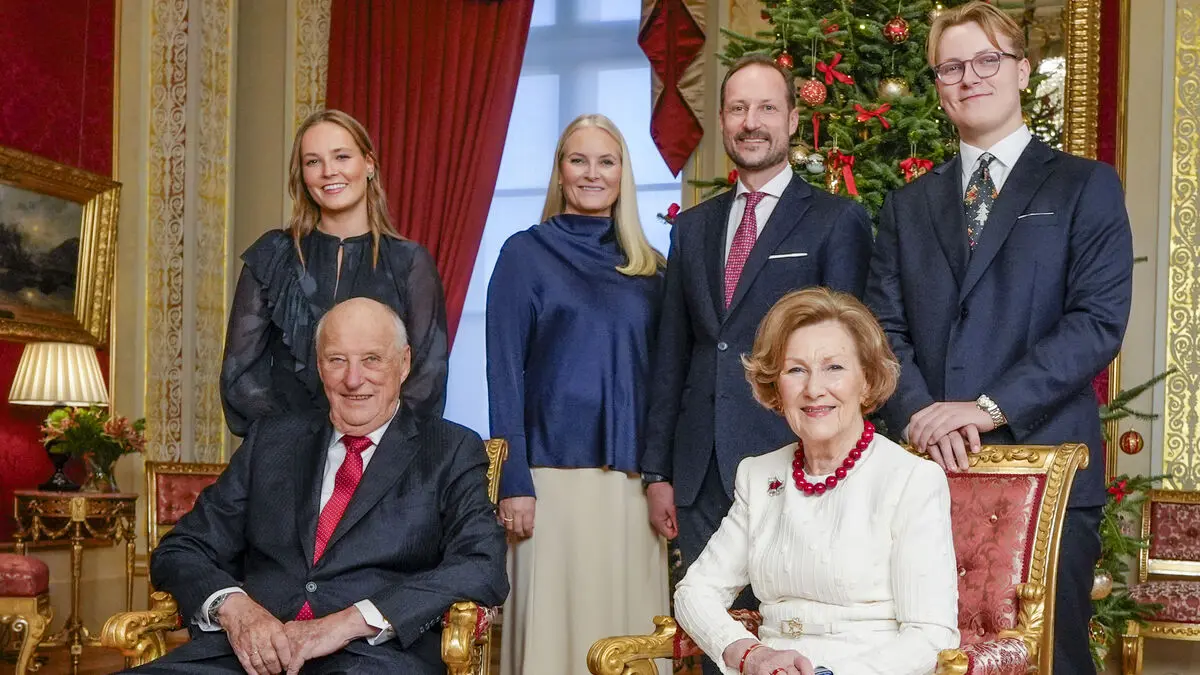The reintroduced sanctions mean, among other things, that Iranian assets abroad are frozen and that arms trade with Tehran is stopped.
The sanctions were paused when Iran agreed to a cooperation agreement on, among other things, the review of the country's nuclear energy research in 2015, called JCPOA. The demand to reinstate them came mainly from France, Germany, and the United Kingdom.
Powerful response
Iran's Foreign Ministry writes in a statement that Iran will definitely defend its national rights and interests.
"And all measures aimed at undermining the rights and interests of its people will meet a powerful and appropriate response," they added.
France, Germany, and the United Kingdom have warned Iran against acting "escalatingly".
"The reintroduction of UN sanctions is not the end of diplomacy," write the three countries' foreign ministers in a joint statement.
Want to pressure Iran
US Secretary of State Marco Rubio urges the UN member states to immediately introduce the sanctions "to pressure Iran's leaders to do what is right for their country and best for world security".
Russia and China previously tried to extend a pause for the reintroduction of sanctions by six months. But late on Friday, nine of the Security Council's 15 member states turned against the proposal.
Iran's Foreign Minister Abbas Araghchi has previously claimed that reintroduced sanctions are "legally invalid", while President Masoud Pezeshkian said that the reintroduction of sanctions is "dishonest, unfair and illegal".






